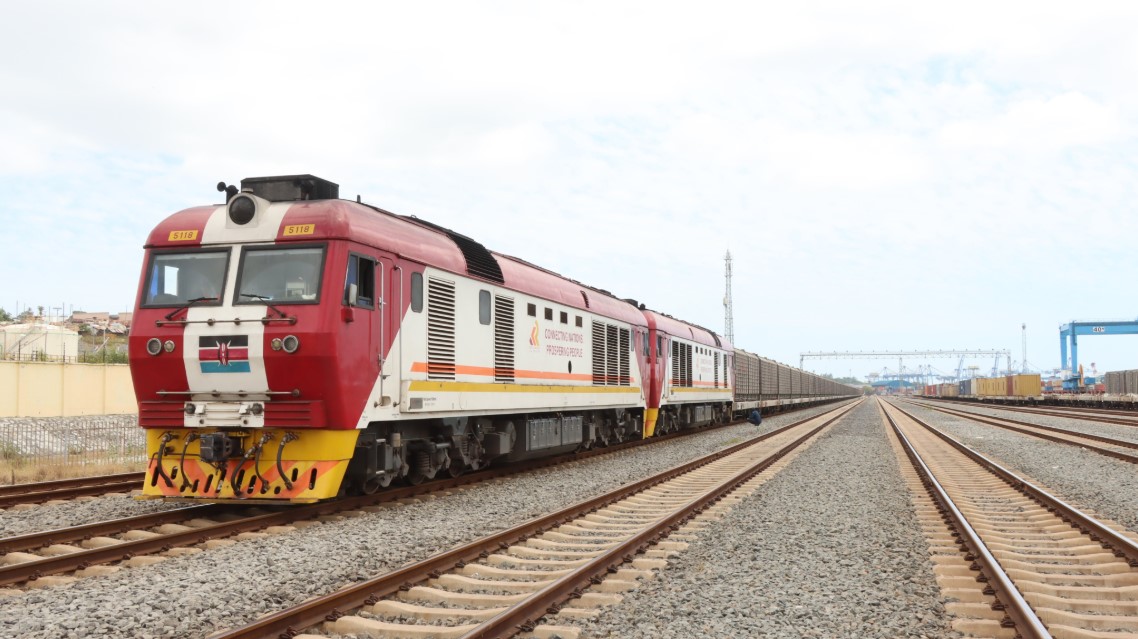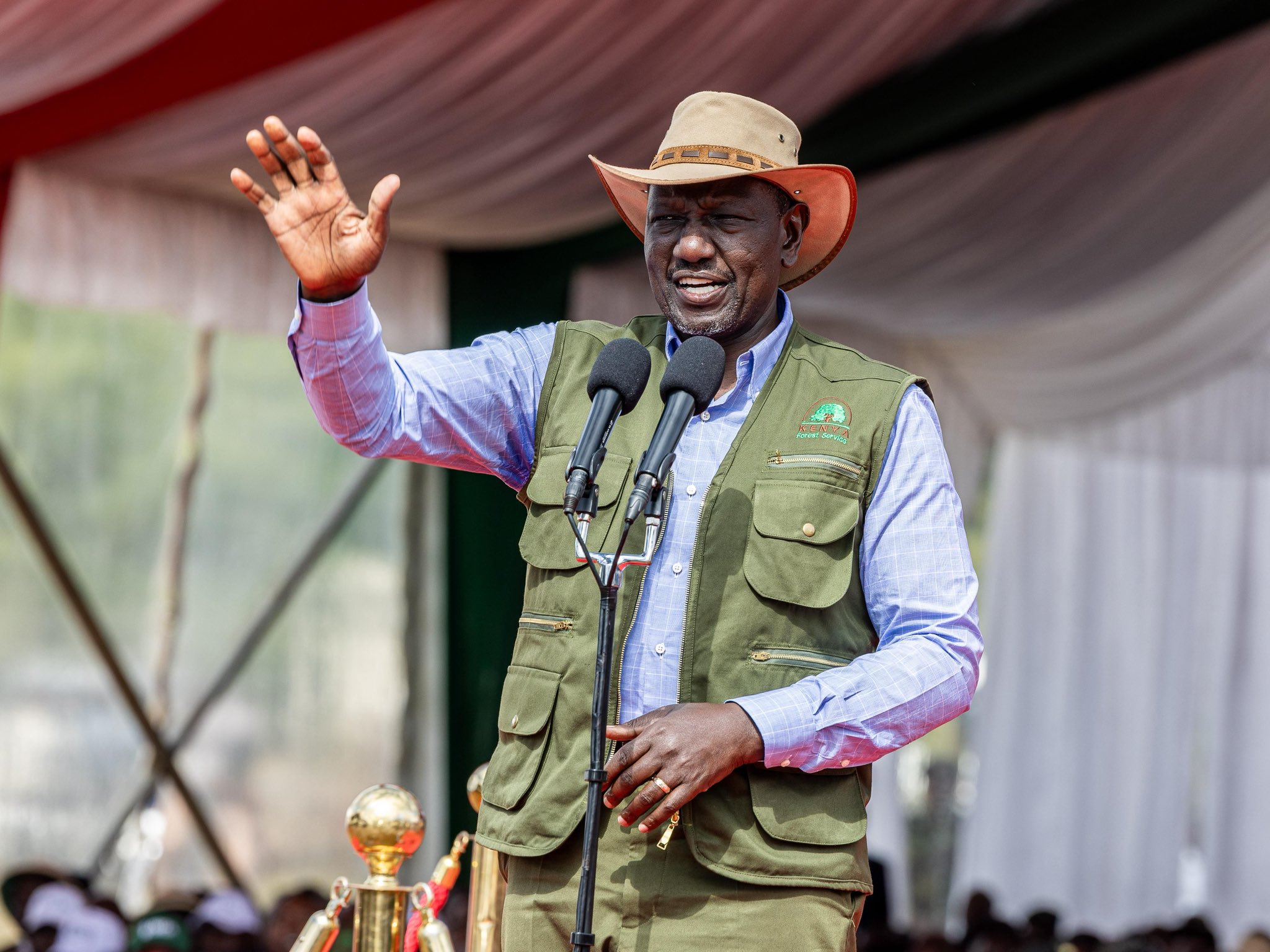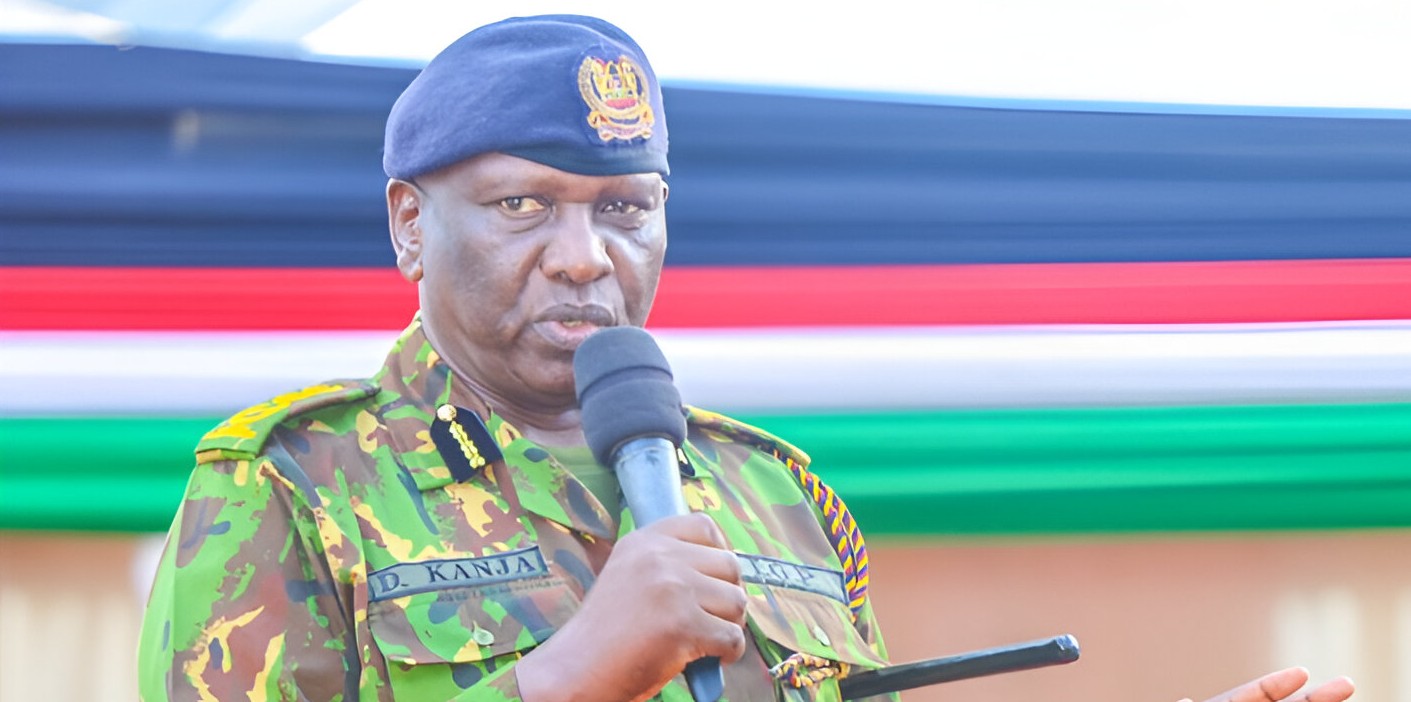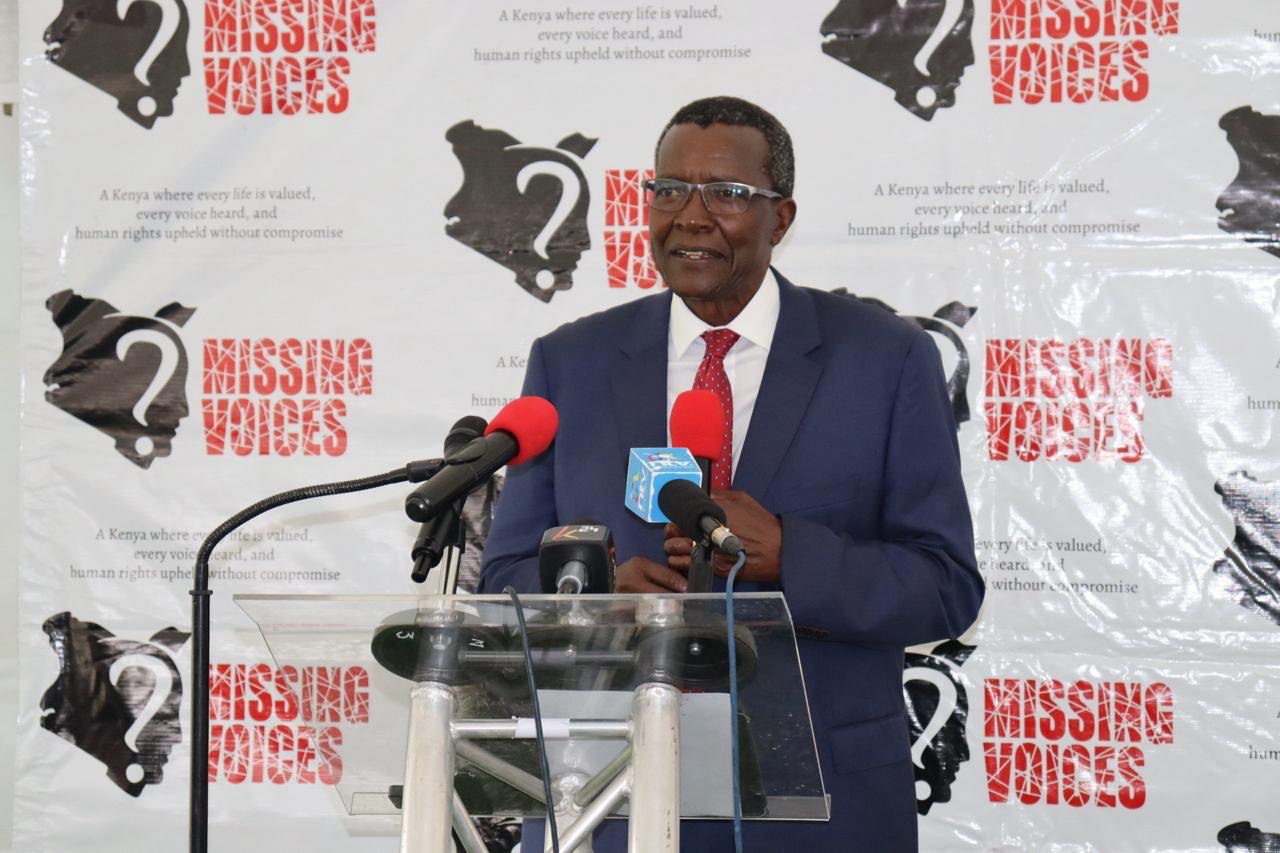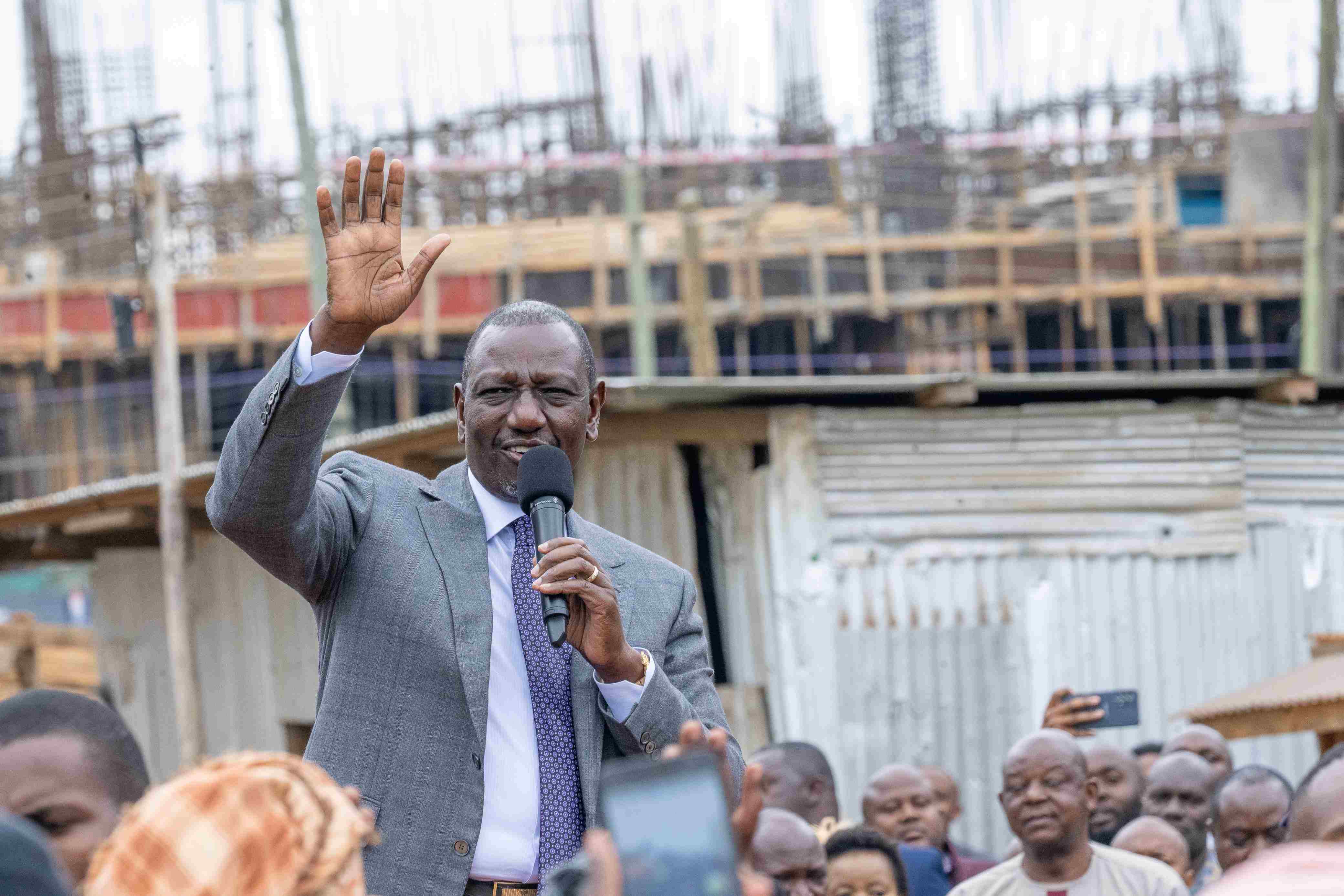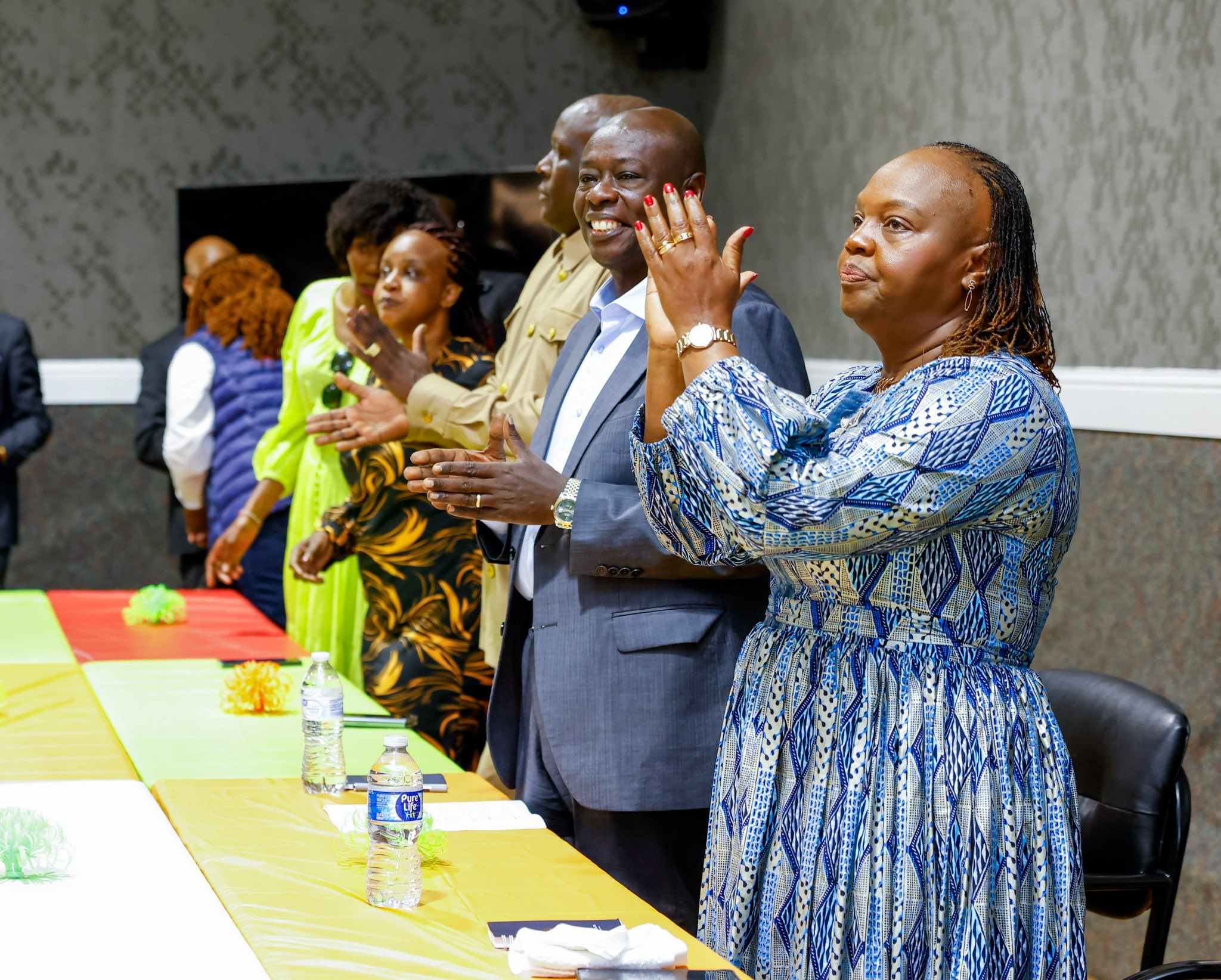Treasury blocks MPs' bid for Sh7 billion budget increase
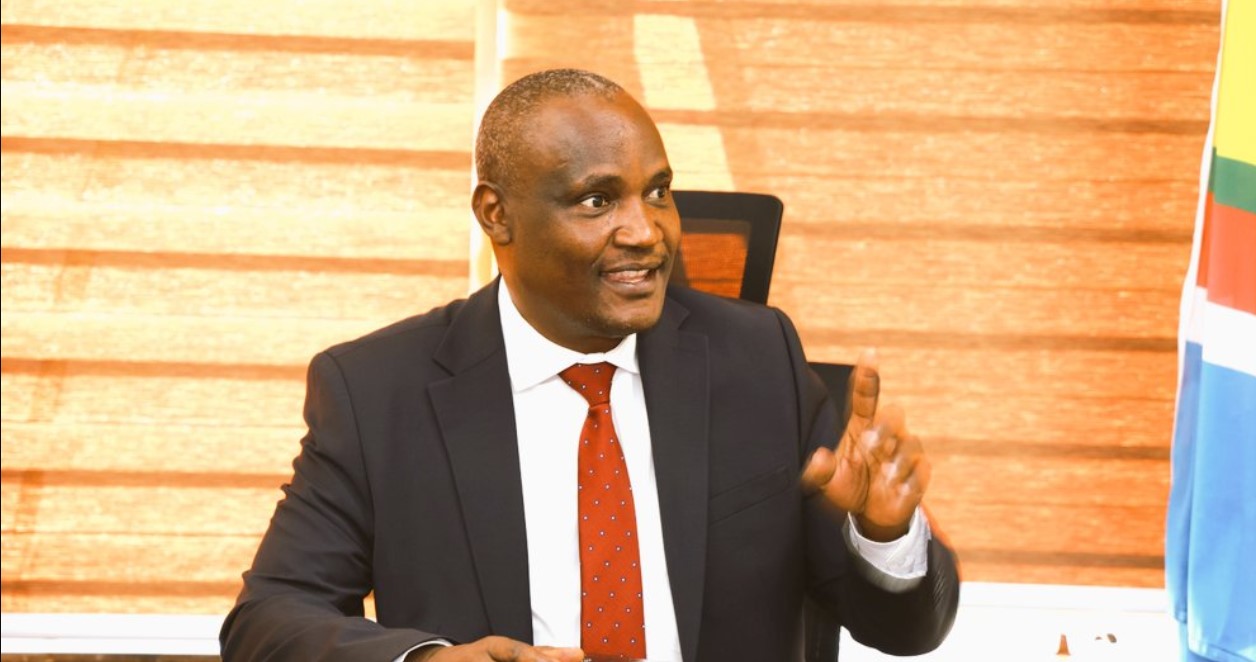
The Treasury’s decision comes amid growing pressure from international lenders and a national call for accountability in the use of public resources. Mbadi said the Treasury is determined to strike a balance that will not compromise essential services.
Efforts by Members of Parliament to raise their budget allocation by Sh7 billion have been halted by the Treasury, in a move aimed at maintaining tight control over public spending and addressing the country’s growing debt concerns.
Parliament had increased its budget to Sh49.4 billion in the revised Budget Policy Statement, up from the Treasury’s initial Sh42.4 billion proposal.
More To Read
- Treasury disburses Sh68 billion to NG-CDF board, clearing all outstanding arrears
- Road Maintenance Levy Fund: Counties score big as Treasury disburses Sh3.6 billion
- Cabinet Secretaries restructure public boards with fresh appointments
- Israel to fund part of Kenya’s military modernisation with Sh3.4 billion loan
- Senate pushes for easier recall of MPs, MCAs in major accountability drive
- Treasury fails to release Sh30 billion in pension payments- CoB
But in the final estimates for the 2025/26 financial year, the Treasury has dismissed the upward revision and reverted to its original figure.
According to Treasury Cabinet Secretary John Mbadi, the country’s fiscal limits cannot accommodate the extra allocations introduced by MPs.
He said the government must stick to the fiscal plan, which includes capping the budget deficit at 4.5 per cent of GDP.
“Parliament had proposed additional resources which could not be accommodated within the current fiscal framework,” Mbadi told the National Assembly in a brief.
The budget prepared by legislators had also proposed Sh26.7 billion for the Judiciary and Sh2.44 trillion for the Executive, forming part of a Sh2.57 trillion budget for the national government.
However, these figures have also been revised in the Treasury’s final estimates, with the Executive’s funding now set at Sh2.42 trillion and the Judiciary’s at Sh26.6 billion.
The Treasury also lowered the amount allocated for public participation initiatives from Sh3 billion to Sh2.5 billion.
Only the National Government Constituency Development Fund retained its allocation of Sh58.8 billion, which complies with the legal ceiling of 2.5 per cent of ordinary revenue.
The revised figures reflect a clear push by the government to control budget growth at a time when the country is burdened by a public debt of Sh11 trillion.
The Treasury said the adjustments are guided by the Cabinet’s commitment to reduce debt growth and implement a proper liability management strategy.
Despite economic challenges, Parliament remains one of the most heavily funded institutions, a position that has drawn scrutiny in the current drive for spending restraint.
The blocked increase has further exposed the underlying tension between the Executive and the Legislature over budget control.
The Treasury’s decision comes amid growing pressure from international lenders and a national call for accountability in the use of public resources. Mbadi said the Treasury is determined to strike a balance that will not compromise essential services.
Other Topics To Read
“The goal is to enhance the country’s debt position,” Mbadi said. “The situation would be reversed if more revenue is netted.”
President William Ruto’s administration has introduced strict cost-saving policies across all sectors. Ministries and state agencies are expected to reduce unnecessary expenditures while improving service delivery.
MPs had also approved Sh405 billion for counties in their revised estimates, but it is unclear whether this figure will also be contested.
The final version of the budget is expected to trigger intense debate in Parliament, with MPs holding the power to either adopt or amend the Treasury’s recommendations.
Even with the Executive’s efforts to reduce spending, there are growing concerns over whether Parliament will accept the cuts or attempt to push through its earlier proposals. If lawmakers insist on the Sh7 billion increase, it could set up a fresh confrontation over budget priorities.
Top Stories Today


